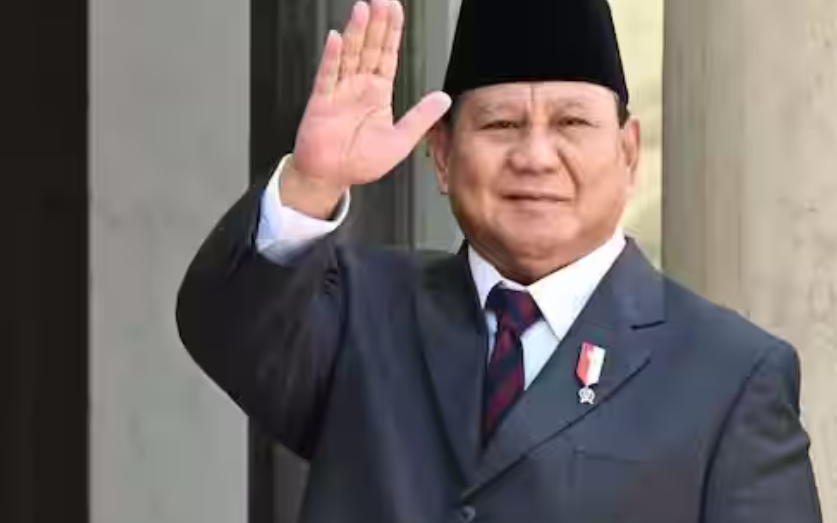JAKARTA – In his first State of the Nation address on August 15, President Prabowo Subianto declared a firm assault on unlawful extractive and agribusiness activities. He revealed that 1,063 illegal mining operations, responsible for an estimated Rp 300 trillion (~US$18.5 billion) in losses, have been identified. He vowed that no powerful or politically connected individuals—including active or retired military and police figures—will escape scrutiny. If illegal operations involve regular citizens, Prabowo offered a path to legitimacy via cooperatives.
Turning to the palm oil sector, authorities have already reclaimed 3.1 million hectares of illicit plantations out of a scrutinized 5 million hectares, with 3.7 million hectares verified as operating illegally—often in protected forest areas or without proper approvals. Enforcement was supported by the military due to resistance encountered during land seizures.
A new task force, established via Presidential Regulation No. 5/2025 in January, underpins these efforts. Reporting directly to Prabowo, the task force combines powers across multiple agencies—including the Attorney General’s Office, Forestry Ministry, and Development Finance Comptroller—and is empowered to impose fines, seize land, and recover state assets.
However, critics warn of an uneven approach: while millions of hectares have been reclaimed, communities—particularly Indigenous and smallholder farmers—have borne brunt of enforcement, with land handed over to state companies like PT Agrinas Palma Nusantara.
Investments in Welfare, Resources, and Clean Governance
The day’s second address introduced the 2026 budget, totaling about Rp 3,786.5 trillion (~US$234 billion), marking a 7.3% increase over 2025. Aiming for a balanced budget by 2027 or 2028, the proposal includes a forecast GDP growth of 5.4%, inflation of 2.5%, and an exchange rate of Rp 16,500 per US$.
The budget allocates Rp 335 trillion (~US$20.7 billion) to expand the free meals program (MBG) covering about 83 million students, children, and pregnant women. It also channels spending into enhancing downstream processing of critical minerals (e.g., nickel, copper), decarbonizing the national power supply—targeting 100% renewable energy within a decade—and modernizing defense industries by leveraging rare-earth reserves.
Reining in ‘Serakahnomics’ and Corruption Leaks
Prabowo also highlighted efforts to tighten the budget’s integrity. He claimed to have saved Rp 300 trillion (~US$18.5 billion) by curbing wasteful and corrupt spending across bureaucratic travel, office supplies, and other non-essential expenditures. Coining the term “serakahnomics”, he railed against food cartels, particularly rice mills manipulating prices and creating shortages—practices blamed for up to US$6.1 billion in annual economic harm.
Regional and Global Implications of Resource Enforcement
Prabowo’s resource crackdown has drawn attention beyond Indonesia. In Raja Ampat, four of five nickel mining operations had their licenses revoked due to environmental risks in the UNESCO-designated Geopark—though one company, Gag Nikel, retains operation rights with full permits. Environmental groups praised the move but urged a full mining ban.
Furthermore, a Washington Post investigation revealed that vast portions of Indonesia’s illicit gold mining are tied to Chinese-run syndicates, often exploiting corrupt networks to operate unchecked—raising environmental and governance concerns.
Summary
| Theme | Key Developments |
|---|---|
| Illegal Mining | 1,063 sites identified; Rp 300 trillion in losses; all actors—including elites—targeted |
| Palm Oil Reforms | 3.7 m ha flagged; 3.1 m ha reclaimed; enforcement through military and task force |
| Budget Highlights | Rp 3,786 tril., free meals, renewable energy, mineral processing, defense upgrades |
| Anti-Corruption | Saved Rp 300 tril.; clampdown on food cartels; anti-greed campaign |
| Environmental Oversight | Minister revoking mining permits in Raja Ampat; global scrutiny of illegal mining |
President Prabowo’s twin speeches on August 15 charted a robust governance reset—fusing financial reform, resource sovereignty, environmental accountability, and redistribution through social welfare and rural economic support.
As Indonesia embarks on this rigorous path, the challenge will lie in ensuring equitable enforcement and safeguarding transparency amid domestically sensitive landscapes and global scrutiny. (zai)

